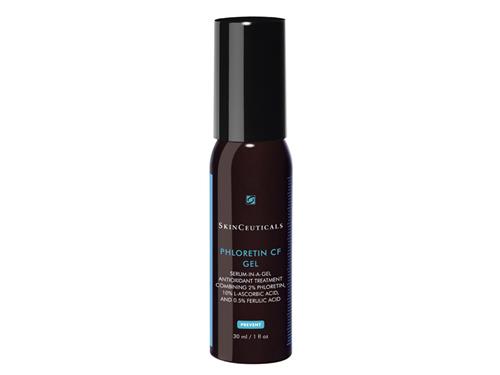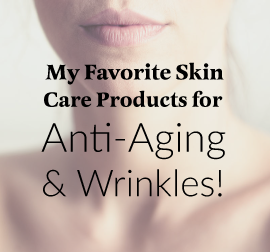For scars, what is the best way to minimize them?
Most of us have an accident in our lives resulting in a scar. I still remember when my then 2 y.o. old daughter suddenly climbed up on the couch, and then promptly fell off hitting the coffee table leaving her with a scar in just about the same place. I felt awful, and couldn’t sprint across the room in time.
The body location matters. For example, a scar under the brow will generally heal much better than a scar on the chest, which is especially prone to difficult scars.
Some things to remember about scars:
- Wound healing is a fascinating and complex process that our bodies do miraculously well.
- It can take a full YEAR for scar tissue remodeling to be completed under the surface of the skin, where you can’t see it.
- Most scars will fade on their own with time and be barely visible.
- If a scar starts to “lump up,” or get raised or hard, it’s a sign there’s a problem.
- Starting treatment for a scar problem is much easier earlier. The longer you wait, the harder it will be to fix the problem.
- Expect scars to be purplish, then fade to red, and then pink.
- Sometimes the buried stitches (you can’t see them), which are under the skin, don’t dissolve. They will create a “stitch abscess” instead. Your doctor can remove them for you.
Treatments for scars and scar problems:
Lasers, especially the carbon dioxide laser (CO2) can make scars almost invisible. There is a LOT of science on this. The earlier the CO2 treatments are started, the better the outcome. Experts, like a board-certified dermatologist, only for this. It’s harder, but not impossible, to blend a scar when it’s been present a long time. Expect 3-10 treatments depending on the size, location, and cause of the scar.
Talk to your surgeon or dermatologist (we treat a lot of scars) about:
- Can you use scar cream/gel on it? These are usually silicone-based and really help?
- Can you massage it? Many scars benefit from massage, but you need to check with your surgeon about when to start that. Too early could do the opposite.
- Injections with a steroid (anti-inflammatory) solution or 5-fluorouracil. These can be very helpful in a certain stage of scar development if the scar is raised or hard.
- Lasers – especially the CO2 (see above).
- Subcision. This is helpful sometimes if the scar is indented or “bound down.”
- Fillers. These sometimes can be used to allow a scar to heal in a more neutral position. Experts only, please.
- Botox. I know …weird! But Botox/Dysport can be used sometimes to relax a muscle that is pulling a scar out of position.














